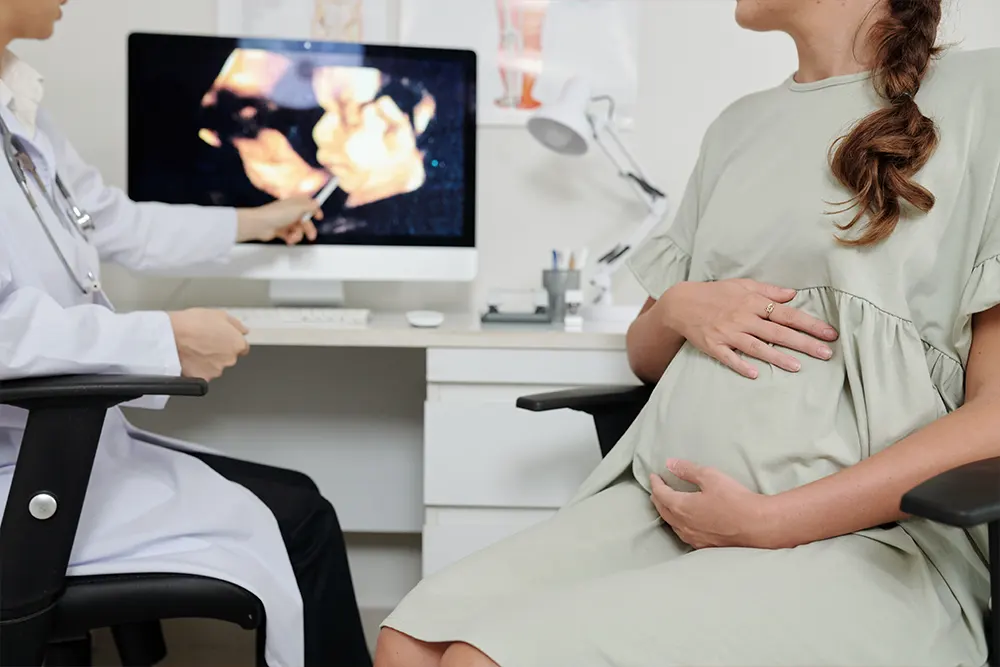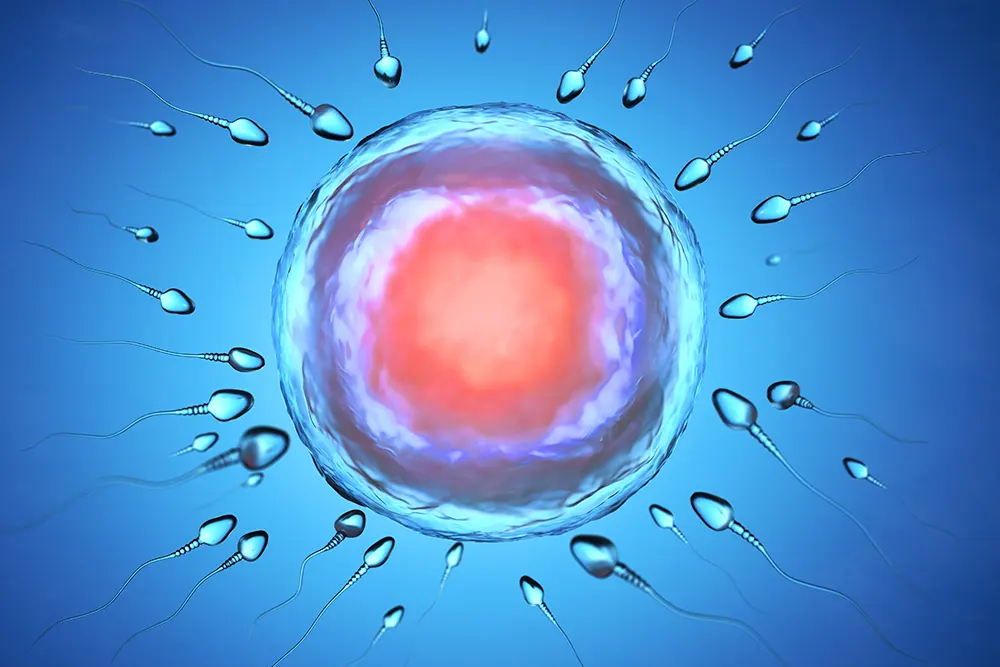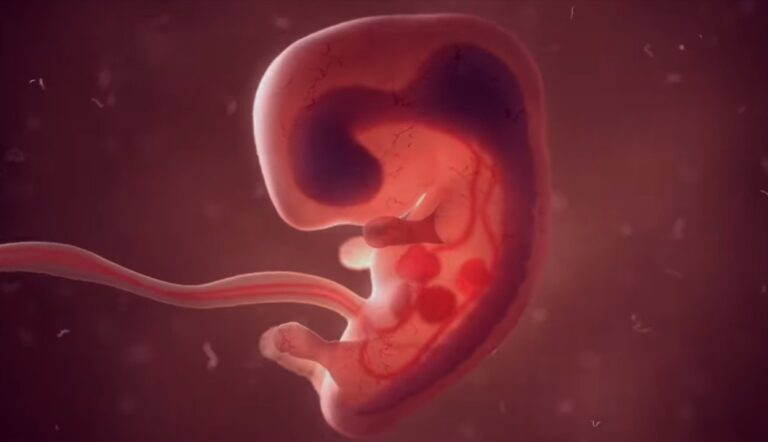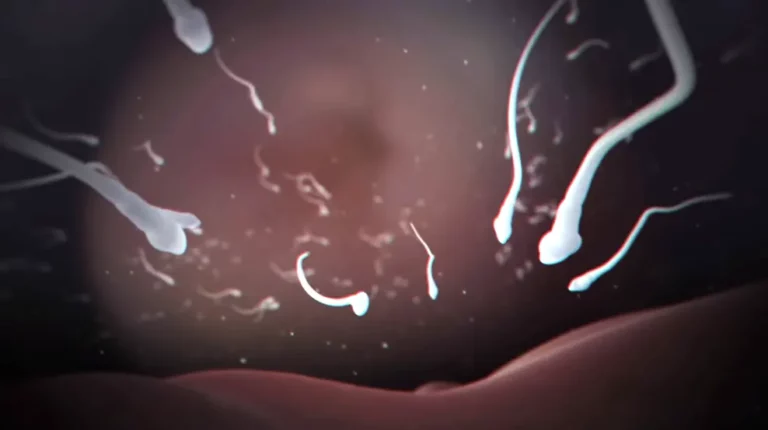Can you have a Surrogate after a Hysterectomy?: The real meaning of Surrogacy
Surrogacy after hysterectomy
Hysterectomy is a commonly performed surgical procedure in which the uterus is removed from a woman’s body. This procedure is often necessary for various medical reasons, such as treating uterine fibroids, endometriosis, or certain types of cancer. However, the surgical removal of the uterus raises concerns about the impact on fertility and the ability to have children. In such cases, exploring surrogacy as an option becomes important. Surrogacy, particularly gestational surrogacy, offers hope for individuals or couples who still desire to have children after the procedure. In this blog post, we will delve into the concept of surrogacy, the role of egg donation, and the process of ensuring a successful pregnancy through surrogacy.

Understanding Hysterectomy
This is is a surgical procedure aimed at removing the uterus. This surgery can be performed using various techniques such as abdominal, vaginal, or laparoscopic approaches. In the United States, hysterectomy ranks as the second most frequently performed surgery on women with a substantial number of women undergoing this procedure annually.
Although a hysterectomy typically involves the complete removal of the uterus, it is possible to preserve the ovaries. By keeping the ovaries intact, they retain their ability to release eggs even after the surgery has taken place. This offers a significant advantage for women who wish to maintain their reproductive potential post-surgery.
Impact on Fertility and Having Children
For women who have undergone a hysterectomy the removal of the uterus renders them uncapable to carry a pregnancy. However, it is important to note that the ovaries responsible for producing eggs, can still release eggs even after this procedure. This creates an opportunity for individuals to have a biological child through gestational surrogacy.
The ovary function after hysterectomy
Preserving the function of the ovaries is a potential outcome after undergoing this procedure, provided that they are not removed during the procedure. It is important to note that the ovaries play a crucial role in hormone production, specifically estrogen and progesterone, as well as the release of eggs throughout the menstrual cycle.
When the ovaries are safeguarded during the hysterectomy surgery, they have the ability to continue operating normally. This signifies that they can still release eggs, which opens up possibilities for individuals to explore assisted reproductive technologies such as in vitro fertilization (IVF) in conjunction with gestational surrogacy or egg donation, all with the aim of achieving pregnancy.

However, it’s important to keep in mind that ovarian function can vary from person to person. In some cases the blood supply to the ovaries may be affected during the hysterectomy, leading to a decrease in ovarian function. Additionally, certain conditions that may have necessitated the hysterectomy, such as ovarian cancer, can also impact the function of the ovaries.
Ectopic Pregnancy: Can you have children after a Hysterectomy?
Ectopic pregnancy after hysterectomy is a condition where a fertilized egg implants and grows outside the uterus, typically in the fallopian tubes. Since a hysterectomy involves the removal of the uterus, the risk of ectopic pregnancy is significantly reduced, as the fallopian tubes are usually removed along with the uterus during the procedure.
For individuals who have undergone a hysterectomy and no longer have fallopian tubes, the likelihood of experiencing an ectopic pregnancy is highly unlikely. Nevertheless, it is essential to engage in a thorough discussion with your healthcare provider to gain a comprehensive understanding of your unique situation and any potential risks involved.
When exploring surrogacy as an option after a hysterectomy, the process typically involves the use of IVF and the transfer of embryos into the surrogate’s uterus. This eliminates the risk of ectopic pregnancy, as the embryos are placed directly into the appropriate location for healthy development.
Engaging in open and transparent discussions with your healthcare team and fertility specialists is of utmost importance to address any concerns and ensure a secure and prosperous surrogacy journey. They possess the expertise to offer tailored guidance and information based on your unique circumstances, including the absence of a uterus and fallopian tubes. By actively involving them, you can make well-informed decisions and effectively manage and minimize any potential risks.
Exploring The Surrogacy Program
Surrogacy is an assisted reproduction method where a woman carries a pregnancy for someone unable to conceive. There are two types: traditional (using the surrogate’s eggs) and gestational (using the intended parents’ or donors’ embryos). Fertility treatments create the embryos, which are then transferred to the surrogate’s uterus. Surrogacy offers a solution for infertility or medical conditions, allowing individuals or couples to experience parenthood and create a biological connection with their child. Legal considerations and contracts play a crucial role in ensuring a smooth and protected surrogacy journey.
Gestational Surrogate and Hysterectomy
Gestational surrogacy is particularly relevant for individuals who have undergone a hysterectomy, as it allows them to have a child biologically related to them. In this process, the intended parents may choose to use either their own frozen eggs retrieved prior to the hysterectomy or donor eggs to create embryos through IVF. The fertilized egg is then transferred to the surrogate’s uterus, enabling the pregnancy to progress.
The Role of Egg Donation
In cases where individuals cannot produce viable eggs or lack frozen eggs, egg donation becomes a viable option. Here, a generous woman contributes her healthy eggs, which are subsequently fertilized with the sperm of the intended father or a donor. The resulting embryos can then be transferred to the surrogate’s uterus for gestation.

Donating Eggs for Surrogacy
Women can still donate their eggs after a hysterectomy to help others achieve their dream of having children through surrogacy. Egg donation involves a process of hormone stimulation and retrieval, similar to the process used for IVF. The eggs retrieved from the donor can then be used to create embryos for transfer into the surrogate’s uterus.
Ensuring Successful Pregnancy
Seeking Professional Guidance
Embarking on a surrogacy journey after a hysterectomy requires careful planning and guidance from experts in reproductive medicine. It is essential to consult with fertility specialists, surrogacy agencies, and mental health professionals experienced in assisting individuals or couples in similar situations. They can provide invaluable advice and support throughout the entire process.
Consulting with Experts in Reproductive Medicine
When considering surrogacy after expirienced a hysterectomy, it is crucial to consult with experts in reproductive medicine. These professionals have the knowledge and experience to guide you through the various aspects of the process and help you make informed decisions.
Choosing a Surrogacy Agency
Choosing a trustworthy surrogacy agency plays a vital role in the surrogacy journey. These agencies specialize in connecting intended parents with compatible surrogates, managing legal and logistical aspects, and offering continuous support. It is recommended to conduct thorough research and opt for an agency with a well-established reputation and a commitment to ethical standards.
Legal and Ethical Considerations
Surrogacy is a complex process with varying legal and ethical considerations across jurisdictions. Familiarize yourself with the laws in your country or state to ensure compliance. Understanding the rights and responsibilities of intended parents and surrogates is crucial for success. Seek expert guidance to navigate this transformative journey.
Emotional and Psychological Support
Embarking on a surrogacy journey can evoke a range of emotions and psychological challenges. Coping with the decision of using a surrogate to have children after a hysterectomy may involve feelings of loss, grief, or uncertainty. Seeking counseling or therapy can be immensely beneficial in navigating these emotional complexities and providing the necessary support during this transformative process.
Conclusion
While a hysterectomy may impact a woman’s ability to carry a pregnancy, it does not necessarily eliminate the possibility of having children. Surrogacy offers a viable option for individuals or couples who have experienced a hysterectomy and still wish to have children genetically related to them. Through gestational surrogacy and the use of donated eggs, it is possible to create embryos and have them carried to term by a surrogate. However, embarking on a surrogacy journey after hysterectomy requires careful consideration, professional guidance, and a comprehensive understanding of the legal, emotional, and financial aspects involved. With the right support and resources, individuals and couples can fulfill their dreams of starting or expanding their families, even after a hysterectomy.
FAQs
Is it possible to get pregnant without a uterus?
Biologically, a pregnancy cannot occur without a uterus because the uterus is where a fertilized egg implants and grows into a fetus. Without a uterus, natural conception and pregnancy are not possible. Nonetheless, advancements in assisted reproductive technologies, particularly gestational surrogacy, provide alternatives for individuals without a uterus to have children.
Can my body release eggs after a Hysterectomy?
In the event of a hysterectomy, a surgical procedure that entails the removal of the uterus, the natural release of eggs for conception is no longer possible. Since the uterus plays a crucial role in the implantation and growth of a fertilized egg, traditional methods of pregnancy are no longer viable in the absence of a uterus.
I had a Hysterectomy to avoid having children for personal reasons, can I still donate eggs?
In cases where the ovaries were preserved during a hysterectomy and remain functional, there is a possibility to consider egg donation as an alternative. Egg donation entails undergoing ovarian stimulation to generate multiple eggs, which are subsequently retrieved and donated to individuals or couples seeking to conceive through in vitro fertilization (IVF) or gestational surrogacy.
To determine your eligibility for egg donation, it is recommended to consult with a reproductive specialist or a fertility clinic. They will evaluate your specific medical history, including the details of your hysterectomy, and assess whether you meet the necessary criteria for egg donation.
My doctor told me that I need a hysterectomy, will I be able to have children through in vitro fertilization(IVF)?
If your ovaries are preserved and functional, they can be stimulated to produce multiple eggs. These eggs can then be retrieved and fertilized with sperm in a laboratory setting. The resulting embryos can be transferred to the uterus of a gestational surrogate who will carry the pregnancy to term.
How are mature eggs retrieved after a hysterectomy?
After a hysterectomy, if your ovaries are still intact and functioning, mature eggs can be retrieved through a process called ovarian stimulation. This involves taking medication to stimulate the ovaries to produce multiple eggs, which can then be retrieved through a minimally invasive procedure.
What happens to the eggs after retrieval?
Following the egg retrieval process, the eggs are usually fertilized with sperm in a laboratory using in vitro fertilization (IVF) techniques. Once fertilized, the resulting embryos can be transferred to the uterus of a gestational surrogate for implantation and subsequent pregnancy.
Can eggs be retrieved through the vagina after a hysterectomy?
The uterus is a crucial reproductive organ that connects to the vagina, serving as the pathway for egg release during ovulation and as the site for embryo implantation during pregnancy. Since the uterus is removed during a hysterectomy, the pathway for egg retrieval through the vagina no longer exists. Therefore, eggs cannot be retrieved through this route after a hysterectomy.

